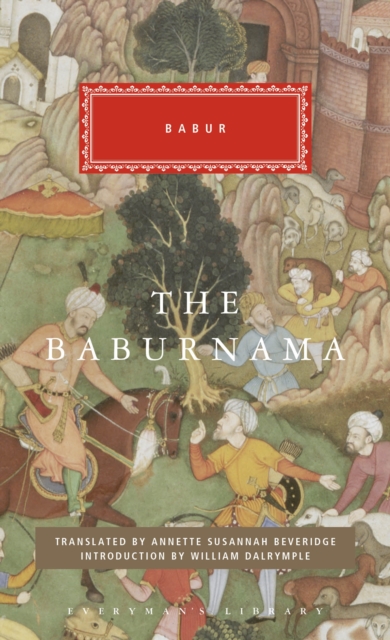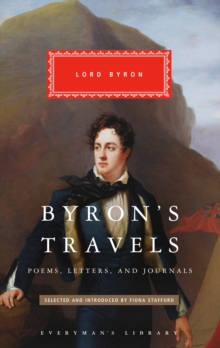
Hardback
Description
A lost inheritance, a rags-to-riches journey from vagabondage in the mountains of central Asia to an imperial throne in India, warrior-poet Babur's life was one of adventure and endurance against the odds.
Descended from both Genghis Khan and Timur, Babur came to the throne of a small principality at the age of eleven; ten years of warfare later, he would lose it for ever to Uzbek invaders.
A lucky break led to the capture of Kabul, from which he carved out a new state for himself in Afghanistan.
Just over twenty years later, he was ready for the biggest throw of all - no less than an invasion of India.
He recorded his own story pretty much as it happened with startling immediacy and a winning frankness: it was the crowning achievement of a rich tradition of Islamic autobiography. There is history and politics here aplenty, but what is most striking about Babur's memoirs is the man they reveal - ambitious but modest and self-critical, deeply attached to friends and family, homesick amongst the treasures of India, sensitive to the beauties of nature and extremely fond of a party.
He paints a fascinating portrait of a sophisticated and cultured Persian-Turkic society.
As violent for political ends as many a European Renaissance ruler, Babur could order a massacre and return home to write a ghazal.
Everywhere he went he created beautiful gardens. There are insights into the role of women in such a society; of Babur's several wives, but particularly the older women of his family, who commanded respect and exercised considerable influence.
Four years after his Indian conquest, Babur swore to give his own life if his eldest son recovered from a dangerous illness.
Humayun pulled through, and in a few months Babur was dead.
But he had laid the foundations of the greatest, wealthiest and most populous of the world's Muslim-ruled empires.
Information
-
Less than 10 available - usually despatched within 24 hours
- Format:Hardback
- Pages:992 pages
- Publisher:Everyman
- Publication Date:01/10/2020
- Category:
- ISBN:9781841593999
£20.00
£15.89
Information
-
Less than 10 available - usually despatched within 24 hours
- Format:Hardback
- Pages:992 pages
- Publisher:Everyman
- Publication Date:01/10/2020
- Category:
- ISBN:9781841593999










